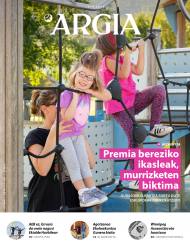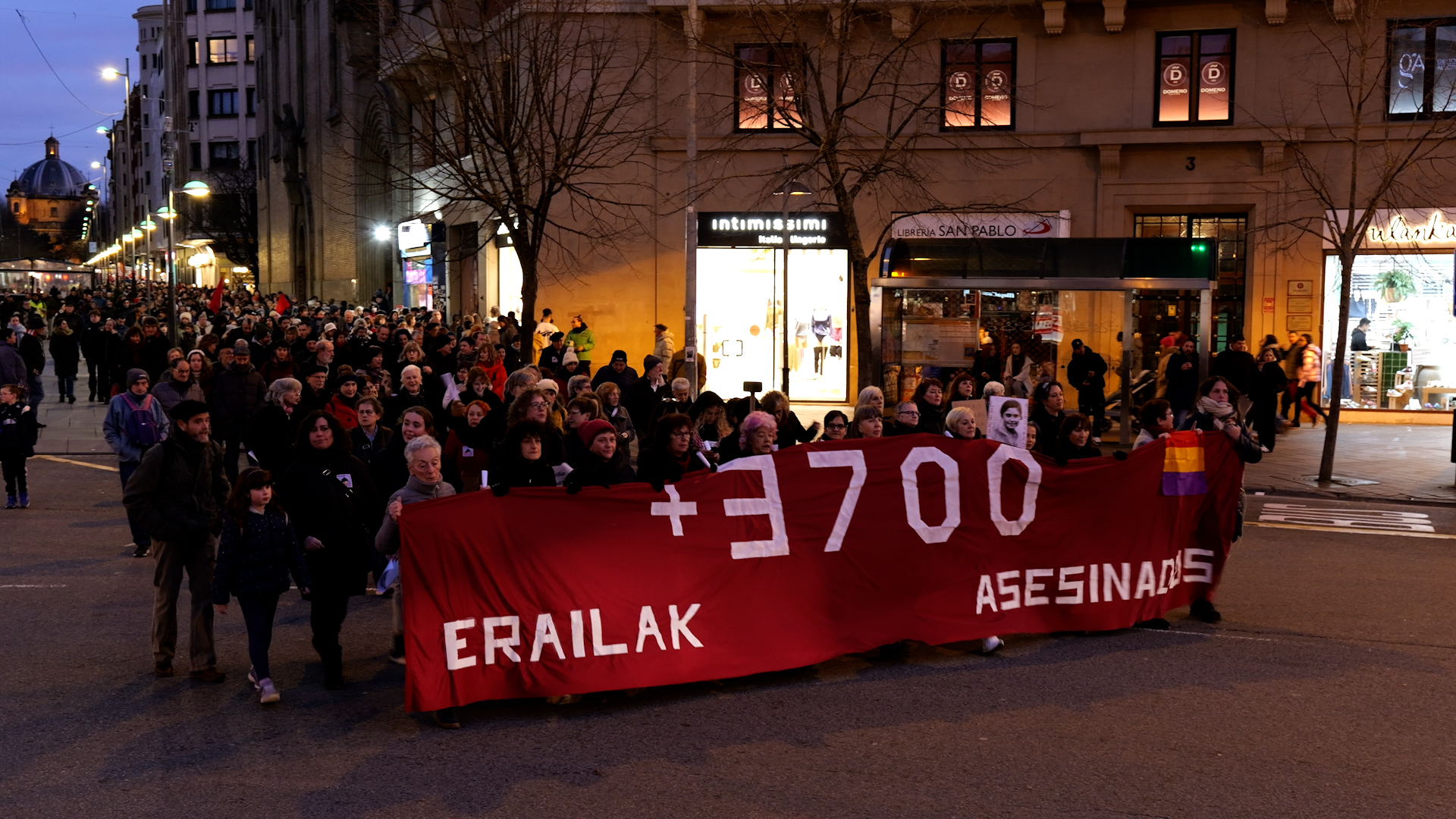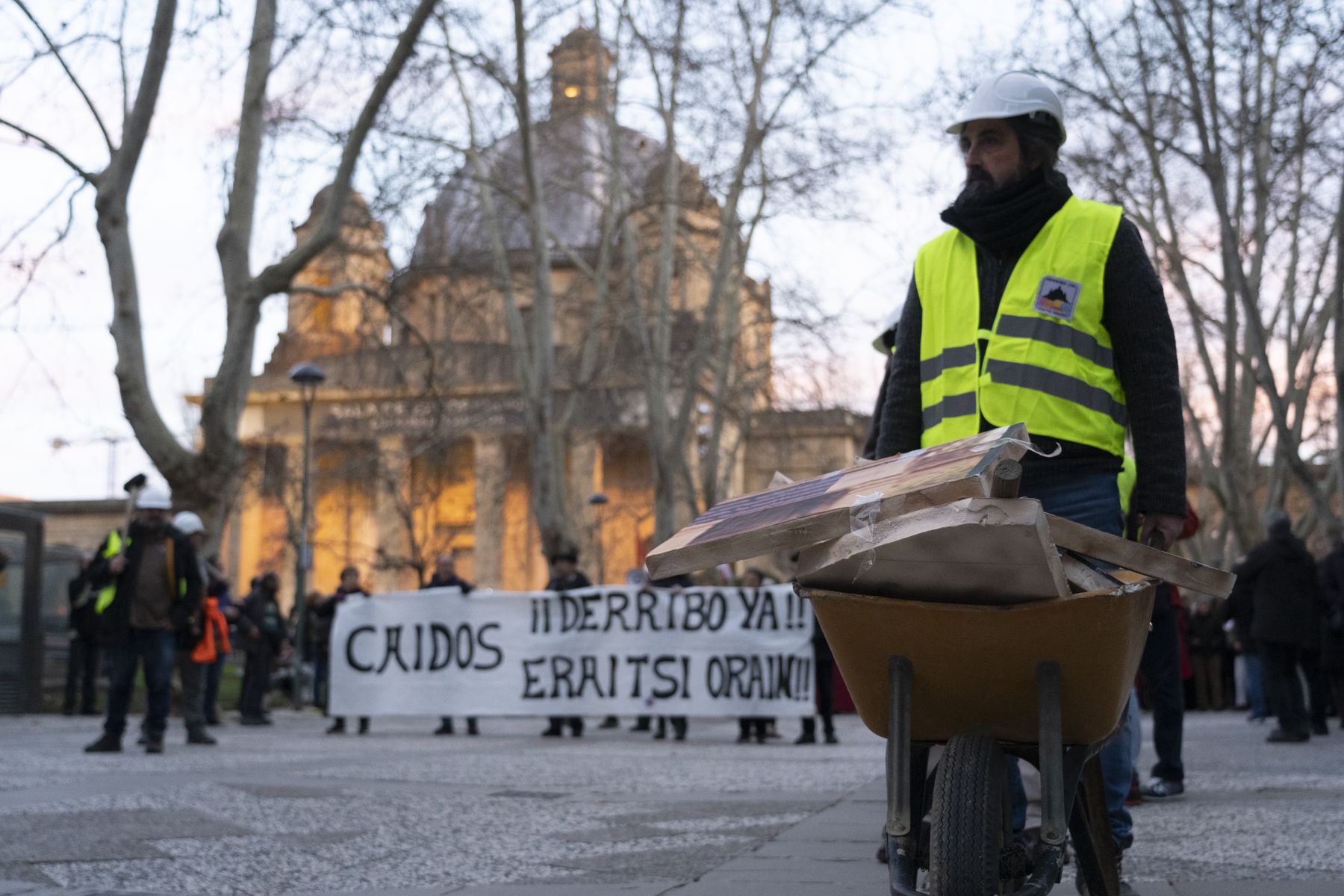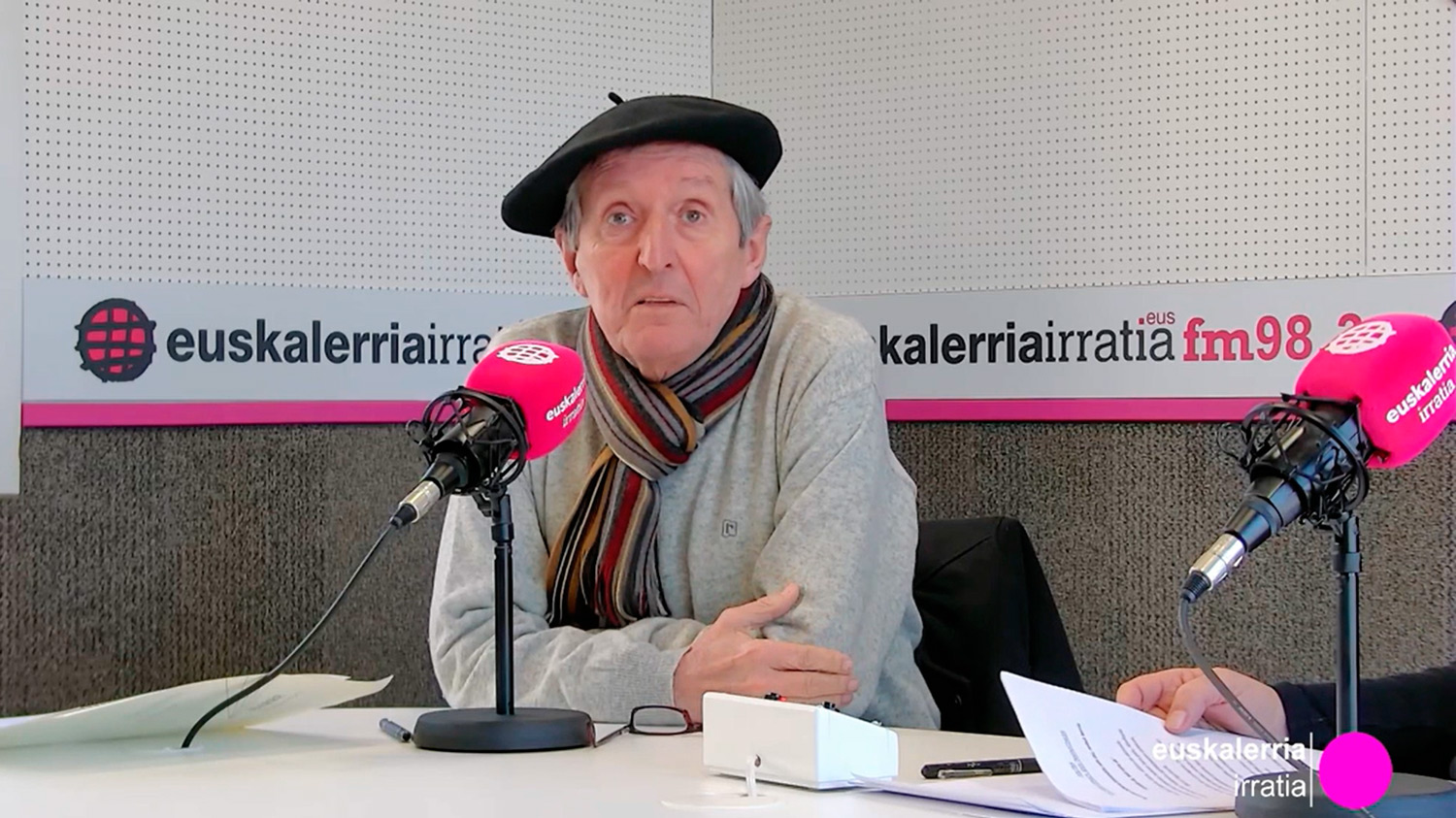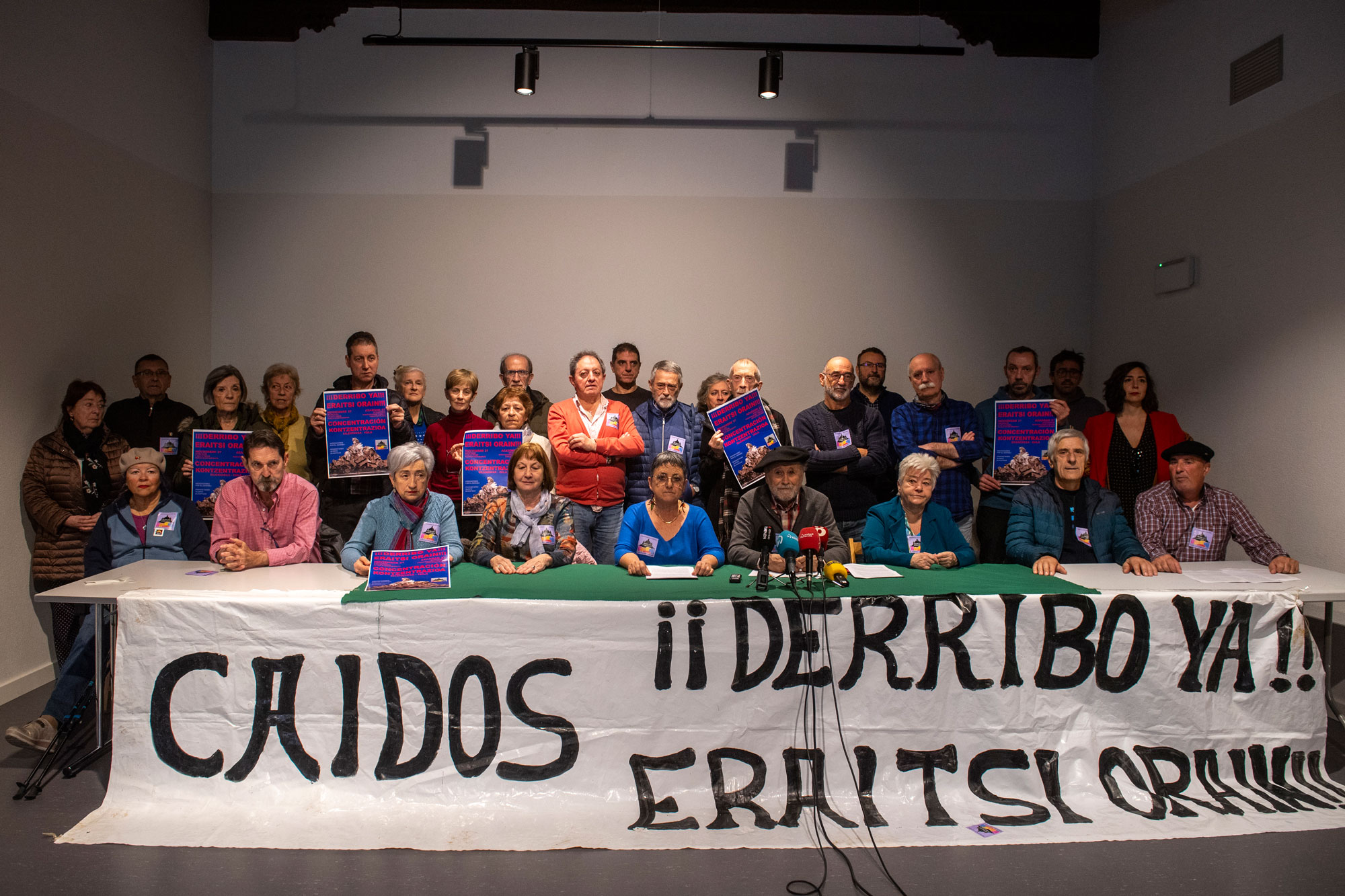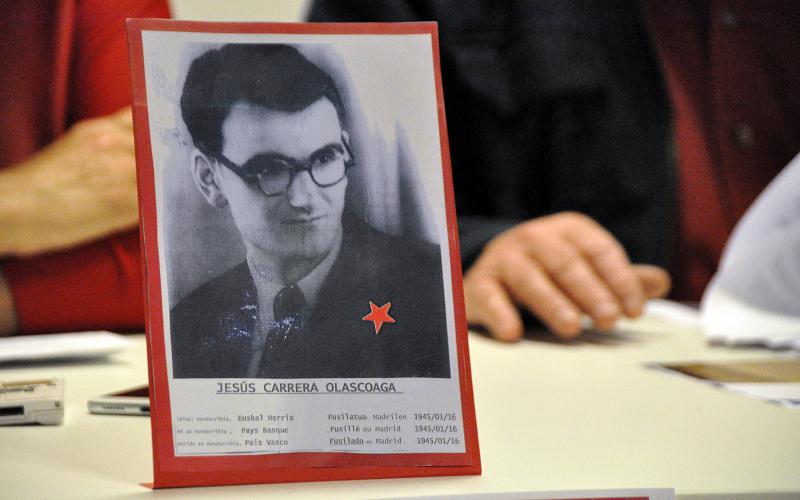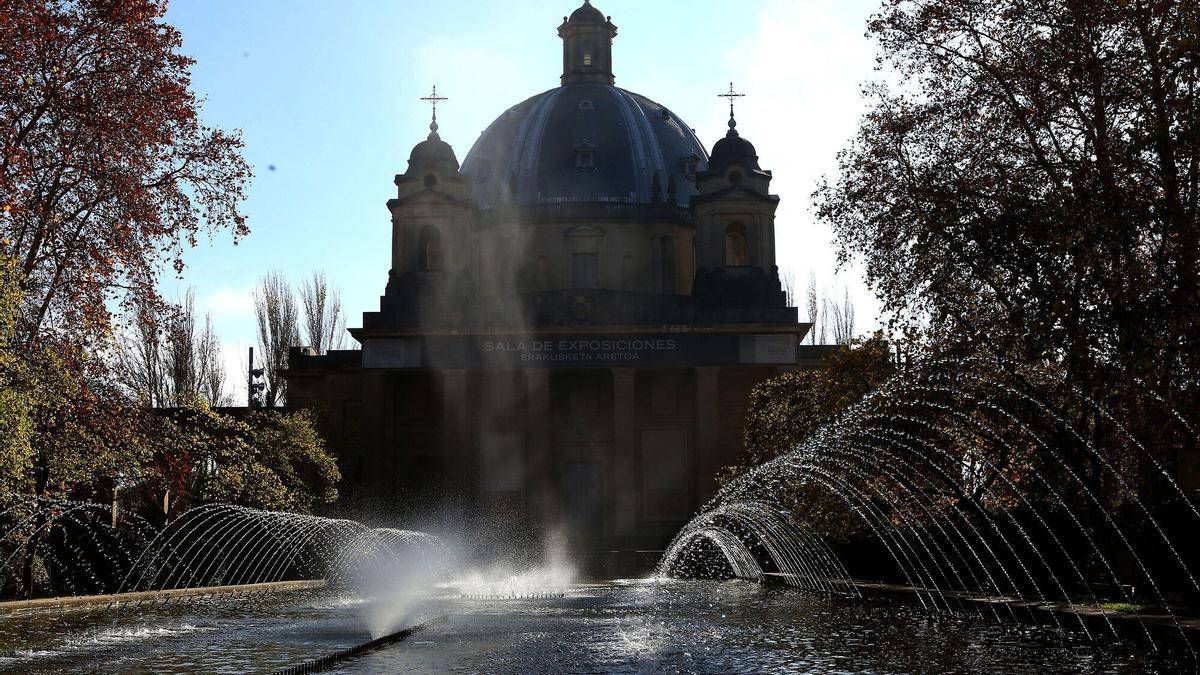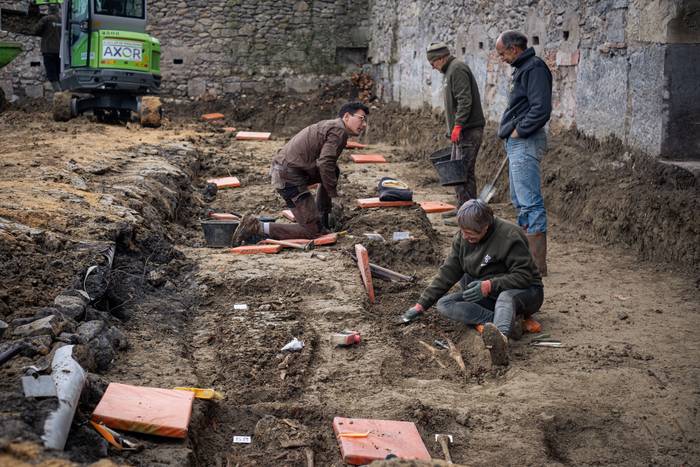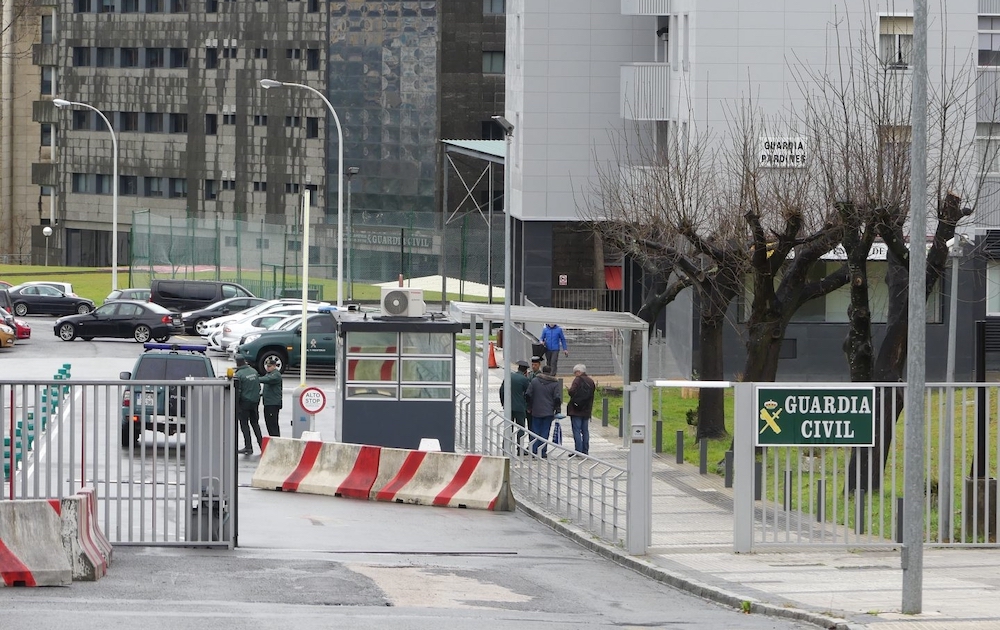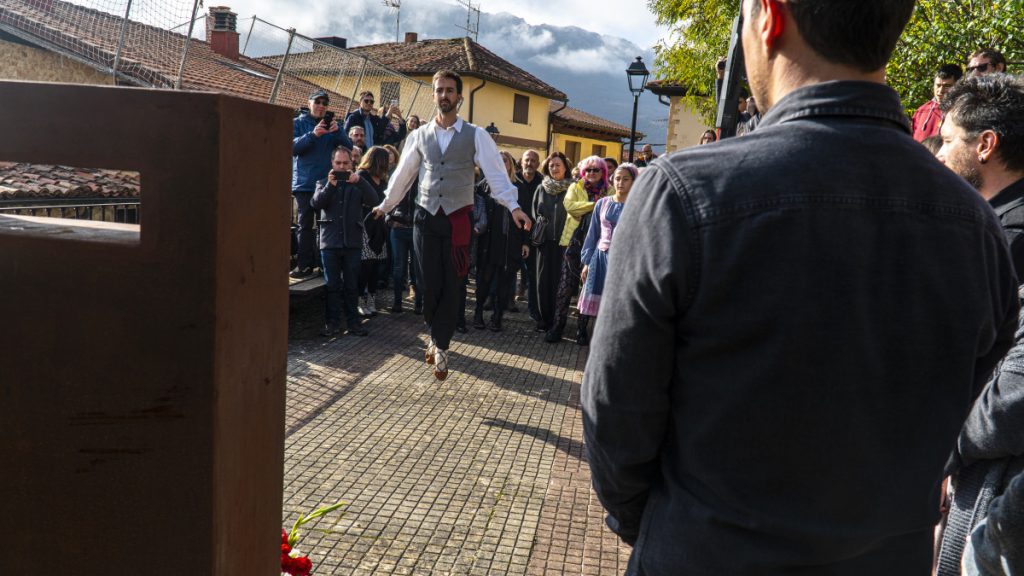Winnipeg: Boat and Baby Story
- 80 years ago, Winnipeg landed in Valparaiso with 2,100 refugees fleeing the war. Among them was Agnes America Winnipeg, the newborn baby of a Basque marriage left behind Barakaldo and Abanto to start a new life in the shadow of the Andes.

In 1939, the Chilean poet Pablo Neruda was in Paris, where he served as consul. Faced with the miserable conditions endured in France by the thousands of Republicans who had fled the War of 1936, he decided to take action and ask the Chilean Government for funding and resources. The resolution of this humanitarian crisis became a personal challenge.
But they had just suffered a terrible earthquake in Chile, and Pedro Aguirre's government was unwilling to help, as some cities in the south had been completely destroyed. Neruda did not surrender and, along with his partner, Delia del Carril, went to South America and other European countries to ask for help; after touring cities in Argentina and Uruguay he got money to transport refugees to Chile.
As soon as he returned to France, he rented the boat Winnipeg and through the Republican Government in exile began talks to choose who to bring to Chile. Skilled labor was needed, that was the trick used by Neruda so that Chilean conservatives would not jeopardize his project.
The boat sailed from Bordeaux on 4 August 1939 with 2,100 people on board and, after crossing the Panama Canal, headed towards the Southern Hemisphere, where it docked on 26 August in Arica, north of Chile. They left a group of Galician fishermen and continued their way to Valparaiso, an important Pacific port where they arrived on 3 September. The refugees stayed in the area for about 600, but the rest of the refugees took the train to Santiago and along the way the Chileans received them as heroes. The welcome was so great that the two-hour journey lasted for six hours.
“May the criticism erase all my poetry, if you will. But this poem that I remember today will not be able to erase it,” Neruda recited about Winnipeg and his journey. It became the ship that most refugees brought in the history of Republican exile.
A baby named Winnipeg
Two days after the departure of Winnipeg, opposite Cape Finisterre, the crew was in a very special state: a woman was about to give birth. It was Piedad Bollada, neighboring Barakaldo, and next to her was her husband Eloy Alonso, a native of Abanto-Zierbena. That's how little Agnes America Winnipeg was born.
Agnes America Winnipeg
"I find it terrible not to give shelter to migrants, as we were given here in Chile"
.jpg)
Why those three names?
Because the moment I was born was very special. The captain of the boat approached my parents and asked them if they wanted me to give them the name of their wife, who died in Madrid by a Franco's obús, Agnes. My parents nodded, because they didn't have a name yet. Then they thought: “Why don’t we put America too? There we go…” and they finally added to the name of Winnipeg, because I was born on the boat.
Then you were born on the boat...
Yes, a famous, beautiful boat… they called it “El Barco de la Esperanza”, because it took us to Chile. I was born on August 6, 1939, two days after my departure from Bordeaux. At first they signed me up as a Frenchman, because the boat was wrapped up in that flag, but once I landed, they gave me Chilean nationality.
What did your parents tell you about what had happened on the boat?
It was a good experience for them, they were fine on the boat, they couldn't complain. There was a Basque choir and a Catalan choir, and everybody was happy with life. His brother was eight years old and remembers that he protested because he did not like the lentils because among them were stones… Imagine! They never lacked food.
However, it was not a sweet time for his brother.
It was called Justo and was sent to France in the midst of war. There it was quite a while, about three years. The mother got permission to leave the concentration camp and immediately started looking for it. She had had a hard time finding her, she was in the hands of a childless marriage.
Which concentration camp do you talk about?
Argelès-sur-Mer (Northern Catalonia). I went to visit the enclosure and it was very exciting. We were driving with my brother and suddenly I saw the name of the town: "Stop, stop! ", I said, and my brother: “What’s going on?” “Haven’t you seen the poster? Here were the parents in the concentration camp!” Now it is a nice beach with nice houses and chalets. When I sat in the sand, my tears came out, I thought my father and my mother were there ...

So I wouldn't be so nice.
The men dug holes in the sand and covered with a blanket through the cold; they held children and women in wooden barracks, they had no more than straw to lie down.
How did you find out about the boat?
A list was made, much more I don't know. They went to Bordeaux and they told them that there was a boat that was going to take them out of France.
And when they came to Chile, what did they tell them?
We were all censored by the list and when they came down, they immediately replied: “Three of you went up and four came down, why?” the mother replied. “This is my daughter, smuggling.”
Then they received you generously. What do you think of the behaviour of European countries towards today's refugees?
I find it terrible not to give us shelter, as we were given here in Chile. So many deaths, so many hatreds... you have to open the doors in every country.
1918an Dunkerquen eraikia, hasieran Jacques Cartier izena jarri zioten eta meteorologia datuak biltzeko erabili izan zen itsasontzia. 1930ean Winnipeg jarri zioten izena eta 1939an alokatu egin zuten errefuxiatuak garraiatzeko. Txilera iristean jabetza eskuz aldatu zen salaketa judizial baten ondorioz eta Bigarren Mundu Gerran Frantzia okupatuko Vichyren gobernu kolaborazionistak erabili zuen SS Paimpol izenarekin. Baina 1941ean belaontzi holandar batek harrapatu eta britainiar gobernuak konfiskatu egin zuen. SS Winnipeg berrizendatu zuten. 1942ko urrian hondoratu zuen urpeko-ontzi alemaniar batek. Baina Agnes America Winnipegek darama bere izena eta oroimena.
Tafallan, nekazal giroko etxe batean sortu zen 1951. urtean. “Neolitikoan bezala bizi ginen, animaliez eta soroez inguratuta”. Nerabe zelarik, 'Luzuriaga’ lantegian hasi zen lanean. Bertan, hogei urtez aritu zen. Lantegian ekintzaile sindikala izan zen;... [+]
Eraispenaren aldeko elkarteek manifestazioa antolatu dute larunbatean Iruñean. Irrintzi Plazan manifestazioaren deitzailea den Koldo Amatriarekin hitz egin dugu.









